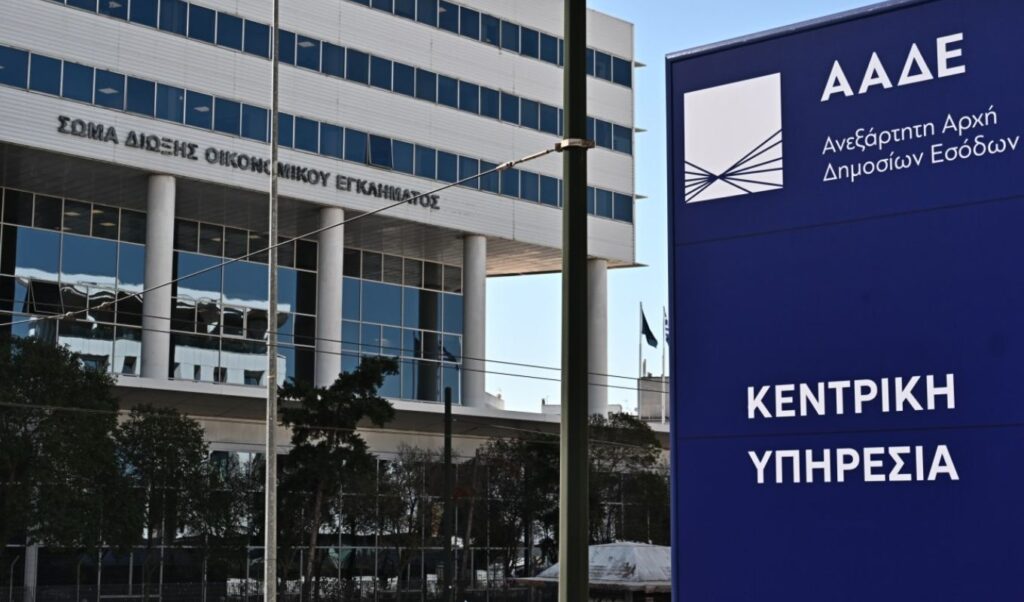Taxpayers who have proceeded with the purchase of assets that are not covered by the income they have acquired have time until the end of the year to neutralize presumptions through monetary parental gifts or donations. The tax authorities accept the relevant amounts to justify the difference between presumptive and total income, provided that declarations have been submitted within the tax year during which the expense for acquiring the asset or for living expenses was incurred.
Tax guide IAPR: How to avoid tax with parental gifts or donations
Taxpayers must submit their declarations on time through the myProperty platform, as the IAPR checks the data in cooperation with banks. In case the bank does not confirm the transaction or the required supporting documents are not provided, the tax authority may impose tax from the first euro of the donation or parental gift without taking into account the tax-free amount of 800,000 euros.
What taxpayers need to watch out for
- Tax-free limit of 800,000 euros: Applies only to transfers between first-degree persons: spouses or civil union partners, children, grandchildren and parents. Siblings, uncles, nephews and other relatives are not covered.
- Proof of money origin: The law requires bank transfer from the donor’s account to the recipient’s account. Cash, even if deposited later in the child’s account, is taxed independently at 10% without tax exemption. Electronic transfers with clear reasoning and keeping receipts are recommended.
- Sequential donations to persons outside first-degree category: For example, transfer from child to parent and immediately after to sibling. The IAPR examines the final beneficiary and the interval between transactions. If deemed evasion, a 20% tax is imposed from the first euro. An interval of less than six months is considered a “red flag” for audit.
- Proof of “source of funds“: Not required at submission stage, but checked later. The parent must certify that their income or saved capital is sufficient to cover the amount. Keeping accounts and supporting documents for money origin is recommended.
- Using joint account: If money is deposited in an account with a third party, the IAPR may check who benefited. The safest way is crediting to an individual account of the recipient or full documentation of usage.
Late declarations of parental gifts and donations
Now donations or parental gifts for which declarations are submitted late are also accepted, provided that:
- The receipt of money occurred before the expense.
- The amounts have been taxed or are exempt from capital taxation.
Specifically:
- If the declaration is submitted within the year of expense, amounts are mandatorily taken into account for reducing the difference between presumptive and actual income.
- If the declaration is submitted after year-end, amounts can be taken into account only if receipt before expense and their taxation or exemption from capital taxation is proven.




